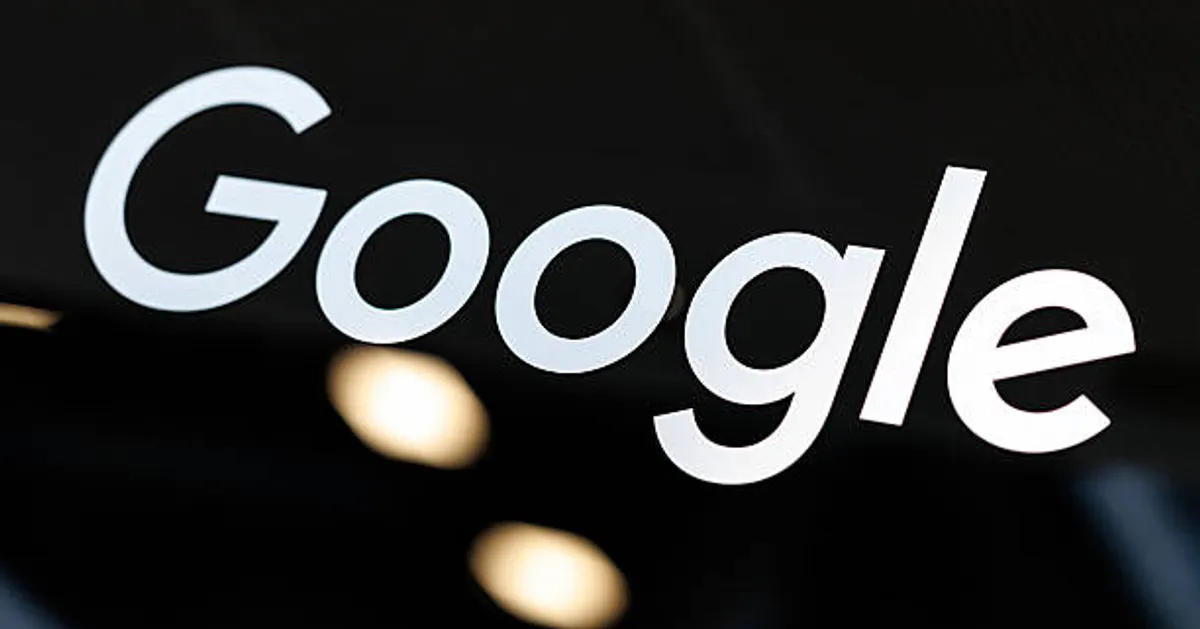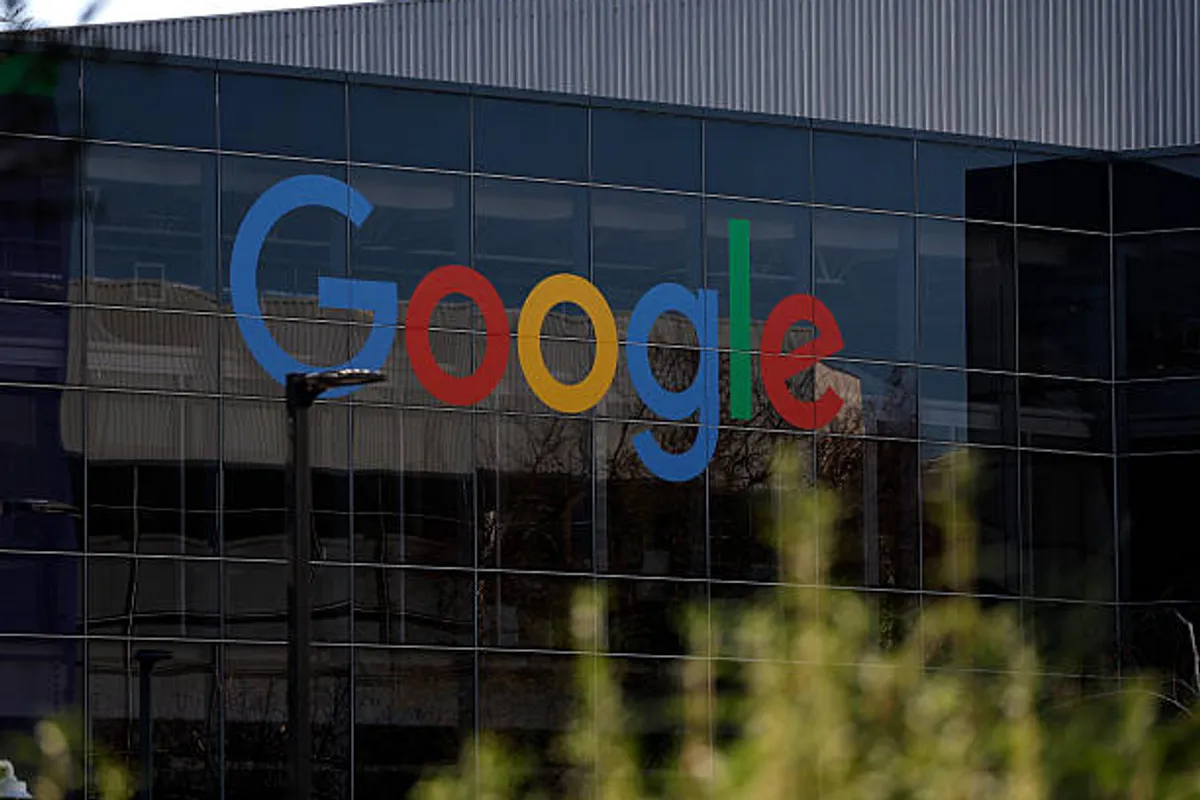Berlin Court Orders Google to Pay €465 Million in Damages to German Price-Comparison Site

GeokHub

A court in Berlin has ruled that Google must pay approximately €465 million in damages to German price comparison platform Idealo, determining that the company abused its dominant market position over a prolonged period. The court found that Google systematically favored its own shopping comparison service, disadvantaging rivals in a way that violated competition laws.
In a related judgment, Google was also ordered to pay €107 million to another German comparison site, Producto. Idealo, a subsidiary of the media group Axel Springer, originally sought €3.3 billion in damages, underscoring how far the court’s award falls short of its initial claim. Despite the large sum, Idealo’s leadership has vowed to continue its legal fight, arguing that the payment represents only a fraction of the harm caused.
Google has strongly rejected the rulings and announced its intention to appeal. The company pointed to changes it made in 2017, which were meant to level the playing field for rival comparison platforms. Google says that since then, the number of third-party comparison sites using its “Shopping Unit” has grown dramatically, suggesting that its reforms are working.
Analysis / Impact:
This judgment is a major blow to Google’s business practices in Europe. It confirms that even after regulatory reform, competition authorities and courts are still holding the company accountable for self-preferencing. For rivals and smaller comparison platforms, the ruling could be a turning point—validating long-standing claims that Google’s dominance in search unfairly privileges its own services.
For businesses and consumers in emerging markets like Nigeria, the ruling highlights how antitrust decisions in Europe can set broader industry precedents. It may encourage local firms to challenge dominant global platforms more aggressively and could influence how multinational tech companies design their search and shopping strategies across regions.
Ultimately, the case underscores a growing trend: technology giants are being forced to pay steep penalties when they use their dominant market position to sideline competitors, and courts are willing to reward platforms that demonstrate genuine harm from that behavior.








